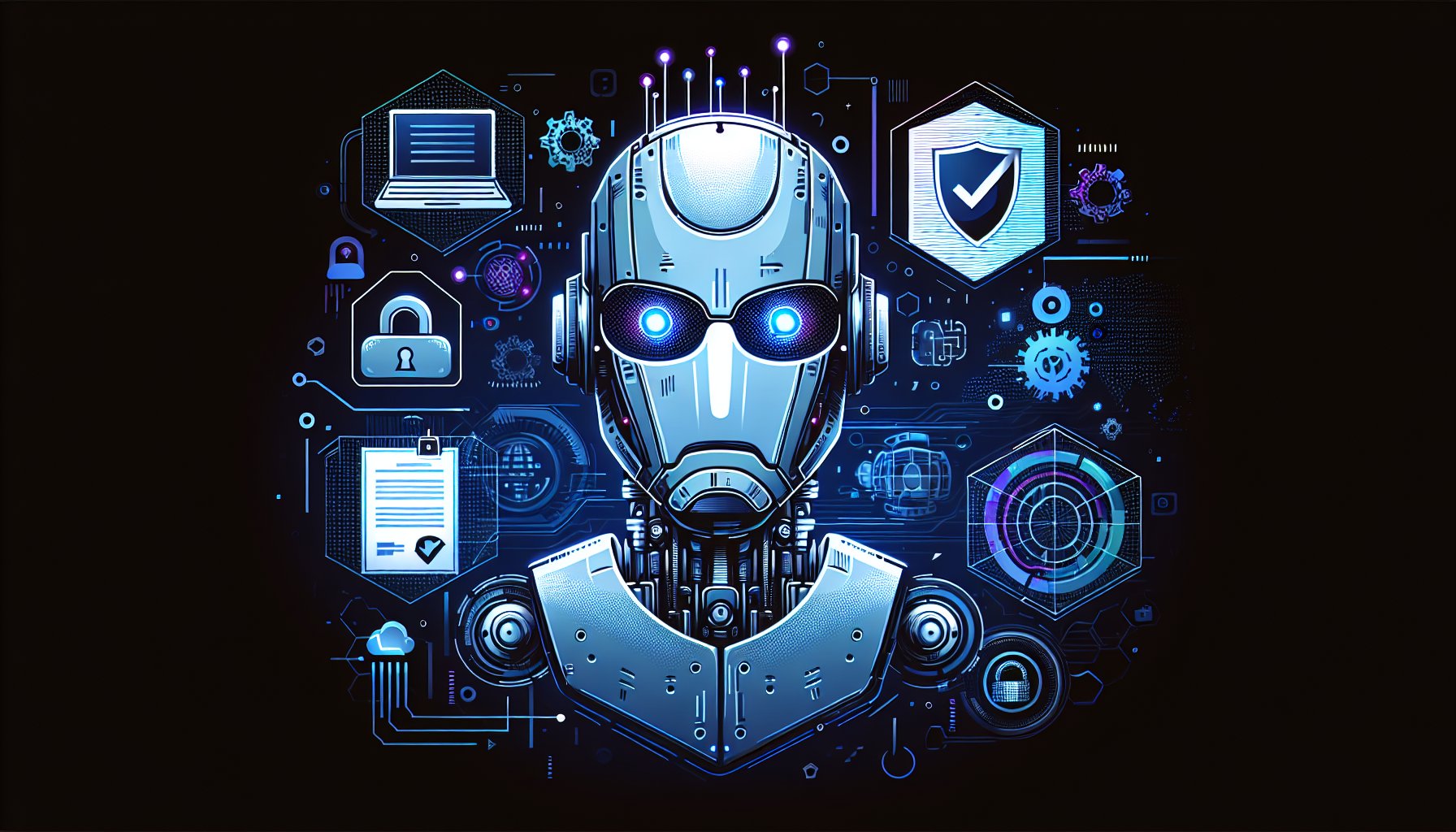Introduction
Welcome to the future of cybersecurity. As we navigate the vast digital landscape of 2025, it's crucial to stay updated with the latest methodologies, standards, and technologies. This guide takes a deep dive into the cutting-edge cybersecurity practices that are shaping the IT landscape.
AI-Powered Cybersecurity
Artificial Intelligence (AI) has become a robust tool in our cybersecurity arsenal. AI-powered systems can detect and respond to threats in real-time, significantly reducing the risk of breaches. They leverage machine learning algorithms to continually improve their threat detection capabilities, adapting to new threats as they emerge.
Example: AI Security in Action
// Example of AI-based threat detection using TensorFlow.js
const model = await tf.loadLayersModel('path/to/my-model.json');
const prediction = model.predict(tf.tensor2d([someInput]));
// If prediction is above a certain threshold, trigger an alert
Quantum Cryptography
Quantum cryptography is an emerging field that leverages the principles of quantum mechanics to secure data. Quantum key distribution (QKD) is a revolutionary method that ensures absolute security, making it impossible for third parties to eavesdrop without detection.
Blockchain Security
Blockchain has significantly altered the landscape of cybersecurity. By providing a decentralized system, it eliminates the single point of failure, making it inherently more secure. Smart contracts on blockchain platforms enable secure, automated transactions that are transparent and immutable.
Example: Smart Contract
// Example of a simple smart contract in Solidity
pragma solidity ^0.8.0;
contract SimpleContract {
uint public data;
function setData(uint _data) public {
data = _data;
}
}
// This contract simply stores data, but real-world contracts can automate complex transactions securely.
IoT Security
With the exponential growth of Internet of Things (IoT) devices, ensuring their security is paramount. Best practices include secure device authentication, robust encryption methods, and regular firmware updates.
Conclusion
The future of cybersecurity is here, and it's constantly evolving. By embracing AI-powered security, quantum cryptography, blockchain security, and IoT security, we can safeguard our digital ecosystems. Remember, the key to effective cybersecurity is staying updated with the latest trends, technologies, and methodologies.
Key Takeaways
- AI-powered cybersecurity systems offer real-time threat detection and response.
- Quantum cryptography, particularly QKD, provides unrivaled security.
- Blockchain's decentralized systems and smart contracts enable secure, transparent transactions.
- For IoT devices, focus on secure authentication, robust encryption, and regular updates.
Let's continue to innovate and stay vigilant in our quest for superior cybersecurity.
